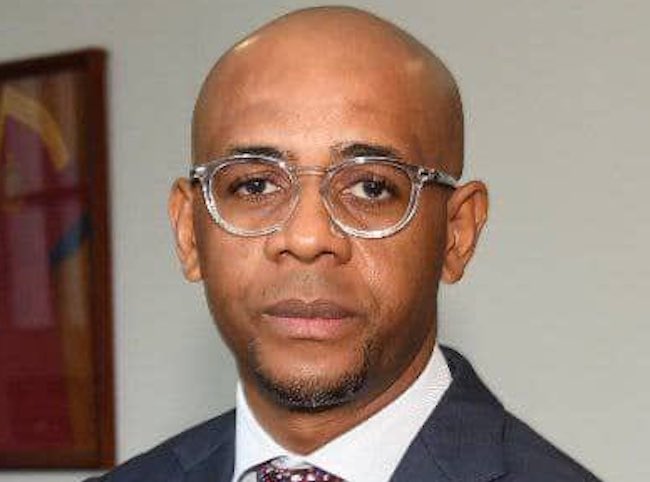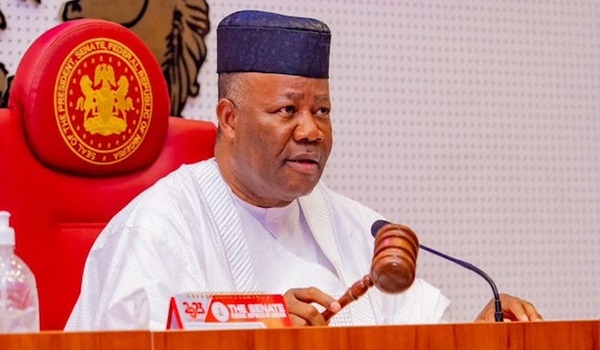The government of Equatorial Guinea has implemented a restriction on multimedia sharing over mobile data via WhatsApp, leading to widespread frustration among its citizens. The restriction follows government guidelines aimed at curbing access to "inappropriate content" and coincides with a high-profile scandal involving Baltasar Engonga, Director General of the National Financial Investigation Agency. Engonga, a 54-year-old economist, became embroiled in controversy when a series of CDs found during a fraud investigation revealed hundreds of explicit videos involving married women, including the wives of prominent figures in the country.
Among those allegedly involved in the recordings were relatives of top officials, further intensifying public interest and media coverage. Though the videos were reportedly recorded consensually, the leak of the footage has resulted in significant embarrassment, raising privacy concerns nationwide.
In response, authorities have restricted mobile data sharing of photos, videos, and audio files on WhatsApp, forcing citizens to rely solely on WiFi networks. The decision has drawn criticism, with citizens expressing concern over the implications for communication, work, and educational activities. Many locals argue that the restriction punishes the broader population for the actions of a select few, leading to debates on digital freedom and privacy.
Local news outlet *Ahora EG* has captured public sentiment, quoting sources who question the fairness and transparency of the measure. One resident remarked, "Should an entire country pay for the actions of a few? This restriction impacts daily communication needs, not just entertainment." Others worry that such limitations point to an overarching control motive rather than a genuine concern for inappropriate content.
Adding to the government’s response, Vice President Teddy Nguema recently announced plans to install surveillance cameras in state offices to monitor adherence to public service laws. The camera installations form part of a broader strategy to ensure compliance and address misconduct among officials. However, the lack of clarity on the new multimedia sharing restrictions has only heightened citizens' anxieties around government transparency and communication freedoms in an increasingly digital world.




